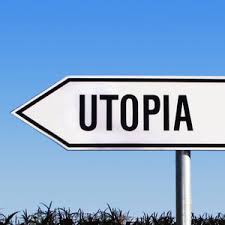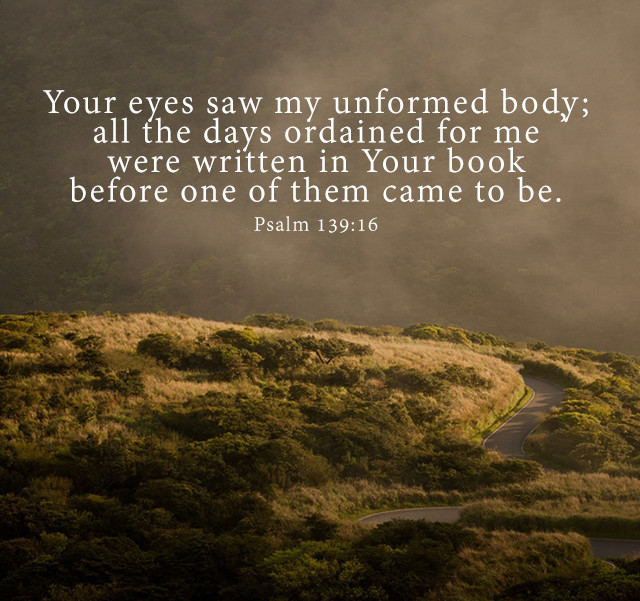
Photo courtesy of vimeo.com
Few things have the power to influence us the way love can.
I was 11 and 12-years-old when I first started to question the meaning of love. I was a kid running around in bare feet on the hot concrete sidewalks, and I knew every kid in the neighborhood. This was in 1989/90, so it wasn’t that long ago, but it was before cell phones and tablets. If you wanted to talk to a friend you had to call them on the house phone, or better yet, go knock on their door.
We had Nintendo, but playtime was restricted. And I wanted to be outside with my friends, anyway. Nintendo was for late summer evenings, sitting on the floor with my sisters as we unwound from a day outdoors. We were sun drenched and exhausted and probably still in our bathing suits, but there was always enough energy left for one more level of Super Mario Bros.
The neighborhood kids often gathered beneath the shade of a carport during the day. Sometimes we played truth or dare, sometimes we made fun of a boyfriend/girlfriend pair we’d caught holding hands. And sometimes we asked each other monumental questions. Like: “What is love?”
None of us knew the answer, but we all knew we wanted it. At least the version of love we saw in movies.
My generation was a transitional generation. We grew up amidst the bloom of technology, so we are equally computer savvy and nostalgic for simpler times. Some of us knew divorce personally, and some didn’t. But it was a reality to all of us. If a kids’ parents weren’t divorced she probably had friends whose parents were. But divorce was still a bit of a scandal back then. We knew this because we’d overhear the adults gossip about it from time to time, or if a kid announced at school that his parents were splitting the news was always met with shock.
Way back then, sitting on the hot concrete beneath the shade of a carport or lounging in the community jacuzzi amidst a mountain of bubbles (because someone had snuck dishsoap into the water and earned the status of hero for a day or two), it never occurred to me that I would never love. And I certainly never considered that I’d ever get a divorce.
Love was a magical, undefinable thing. It made the birds sing and the clouds part. It was a feeling of being swept off my feet and carried off into the glow of a sunset. The destination never mattered.
Growing up, I thought love was the destination.
I never considered what might happen after the happily ever after.
And then I grew up. I fell in love. I fell out of love. Others fell out of love with me. Along the way I racked up a divorce and two failed engagements. And at 36 I look back on those earliest days when it was still so new and exciting and fresh. Back when love was still such a mystery. But I’m not sure it’s any less of a mystery now.
Love can’t be explained in a way that humans can articulate or understand. It comes across as a feeling because we can only experience it in brief glimpses. It feels mysterious because we can never truly grasp an understanding of it. Love is like the scent of the pie cooling on the counter. You know what it is when you smell it. You may even be able to name the ingredients, but until you taste the pie you will never understand or experience the fullness of it.
We have never tasted love. Not fully.
It took me this long to realize how little I know about love, yet along the way I have also realized I am immersed in it. One of the first concepts I heard when I first became a Christian was that “God is love.” I didn’t think too much about it. I’d seen this phrase etched above church doorways, embroidered on pillows and spouted out during church potlucks and vacation Bible school.
Growing up in the Lutheran church, this quiet mantra has followed me my entire life. Jesus died because he loves us. God made us so he could love us. But my perception of this love was formed from the watered down, selfish, flawed version of human love.
I began to understand the concept of God’s unending, unfathomable love when my daughter was a newborn. I found myself staring down into her crib one night, completely overwhelmed by my love for her. And then God’s voice impressed onto my heart: “I love you unfathomably more than this.”
Even then, the meaning of love did not register. It was a feeling. “Okay,” I thought, “so God loves me a ton. More than my feeble human mind can understand. He’s God. He does everything big and perfect, so of course his feelings are big and perfect.”
And then love let me down. Again and again and again. And I found myself seeking it. Needing more of it. As the song goes, I looked for it in all the wrong places. And I kept on finding love, or at least I found several flawed, disordered and twisted versions of it.
It wasn’t until I found myself crushed by this “love,” or more specifically, the ending of it, that I began to meditate on those words.
God is love.
God. Is. Love.
God. IS. Love.
Love isn’t just something God does. It isn’t a feeling he gets when he looks at you, like you might have felt when the high school quarterback caught your eye across the locker cage, or even the way you feel when you look at your spouse or children. THAT kind of love is always conditional because it depends on circumstance. What a person does or doesn’t do can greatly alter someone’s perception of love.
God’s love is not circumstantial. It can’t be altered or diminished anymore than you can alter or diminish the atoms in your own body. This is because God IS love. He is made of it. It isn’t just his nature – although it is certainly that – but also his essence. Love isn’t just the core of who God is, it is WHAT God is.
Mankind strives for utopia. We reach for perfection. From the very beginning we have been looking for what we will never be. Because of this drive we have done amazing things. We have looked beyond to the universe and we have delved into the mystery of life within our own bodies, eager to discover why things work the way that they do so that we can make life just a little bit better. This is also why we rush to the aide of those struck down by natural disasters, or burdened by illness.
But the search for utopia has brought about terrible disasters of their own. We have gone to war to either protect our way of life or to force a way of life onto others. We’ve sacrificed community for our personal pursuits of utopia. And we have settled for less in order to make the way to utopia just a little easier, or we have abandoned the universal betterment of mankind for the individual betterment of ourselves in any given point in time.
Mankind is the kid sitting on the hot concrete beneath the shade of a carport, contemplating the mysteries of life without the ability to truly grasp the enormity of the mystery. A few failures, a few more falls, and we get just a little more dejected…a little further from the utopia we were made to seek.
But we keep striving. We keep trying.
And then one day we will wake up and we will realize what it was we have actually been searching for. And it’s infinitely better than the best we could ever have imagined it to be.
Love does exist – it IS our existence – but you won’t fully experience without the One who is love. The best it could ever be is a dirty mirror reflecting back the hazy image of God’s love. We can enjoy it, maybe even wipe off the mirror a bit as we look toward God in our search to understand it, but it will always be no more than a reflection of that perfect love. At least on this side of eternity.
As it turns out, love actually is the destination.


